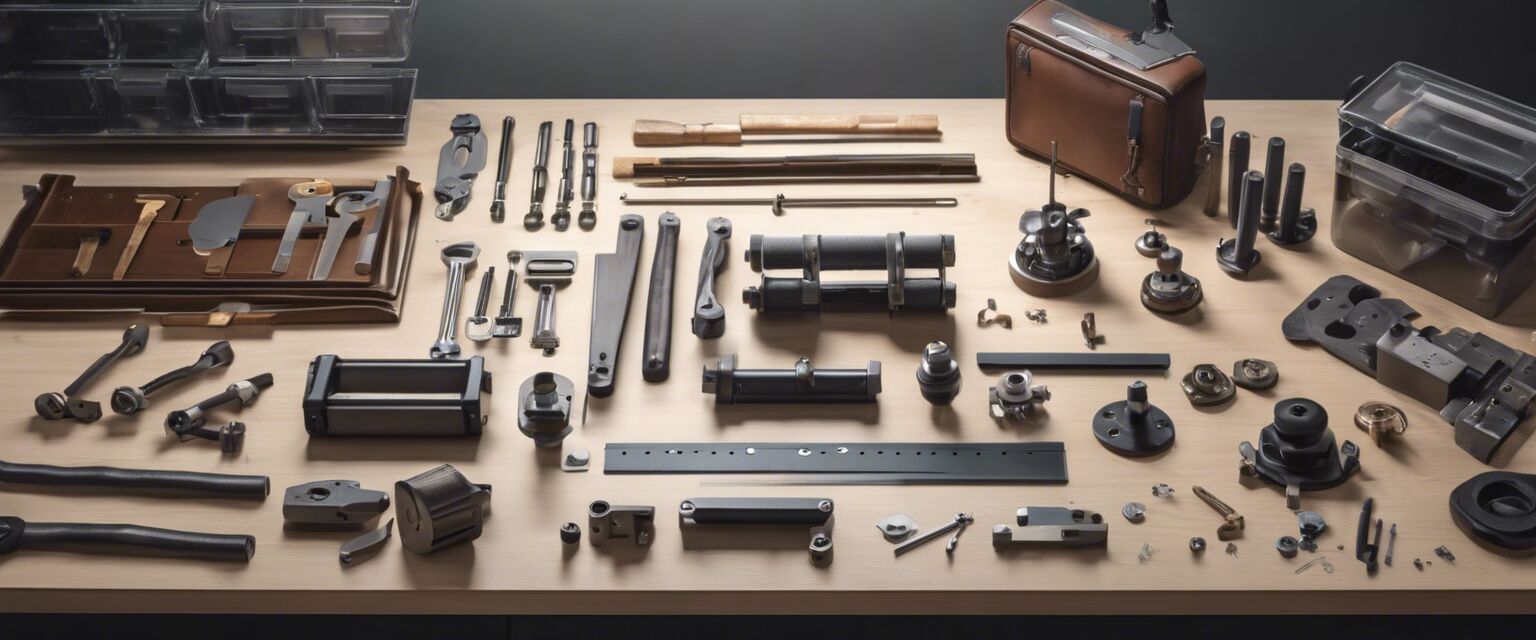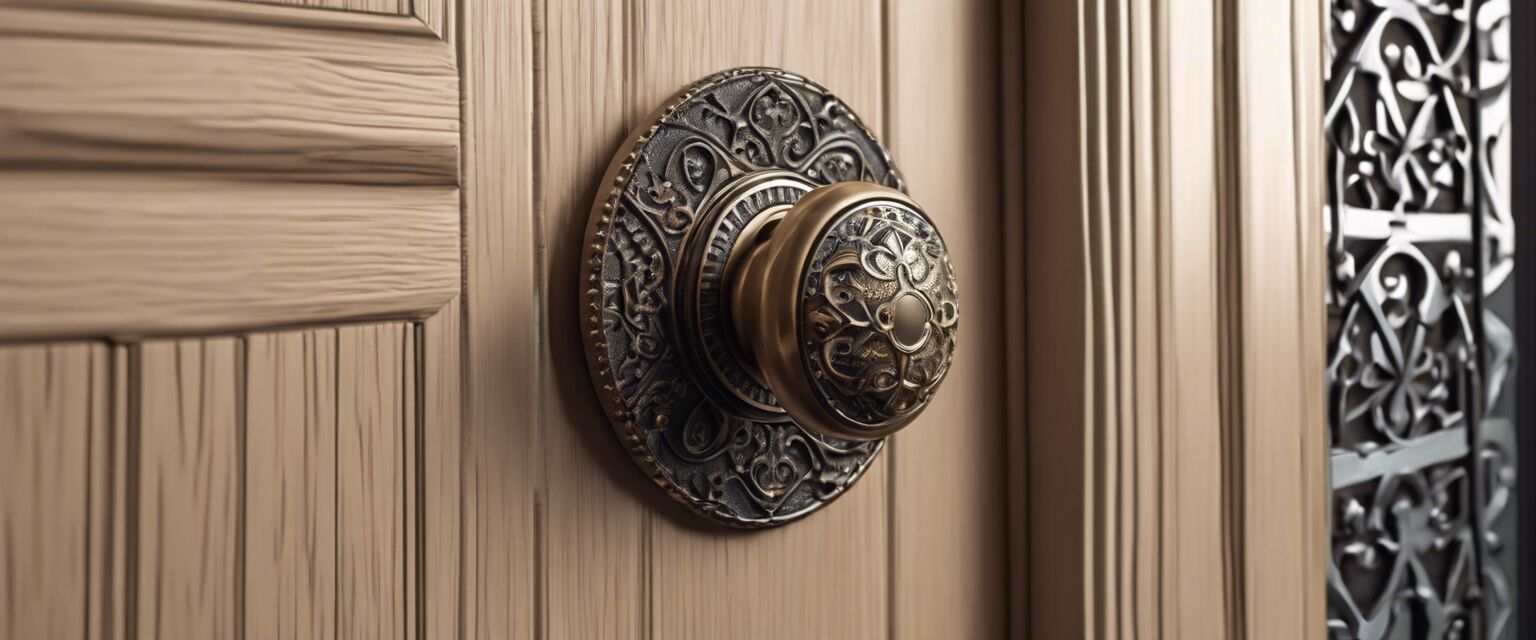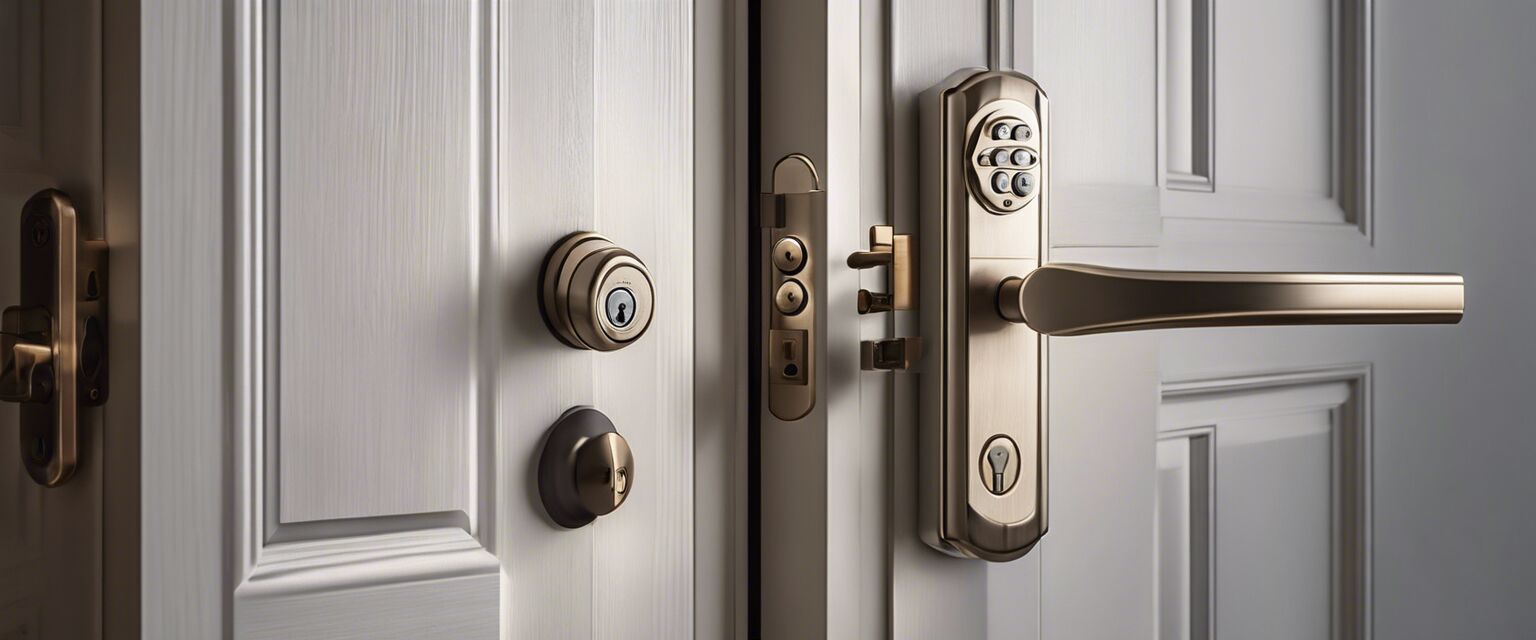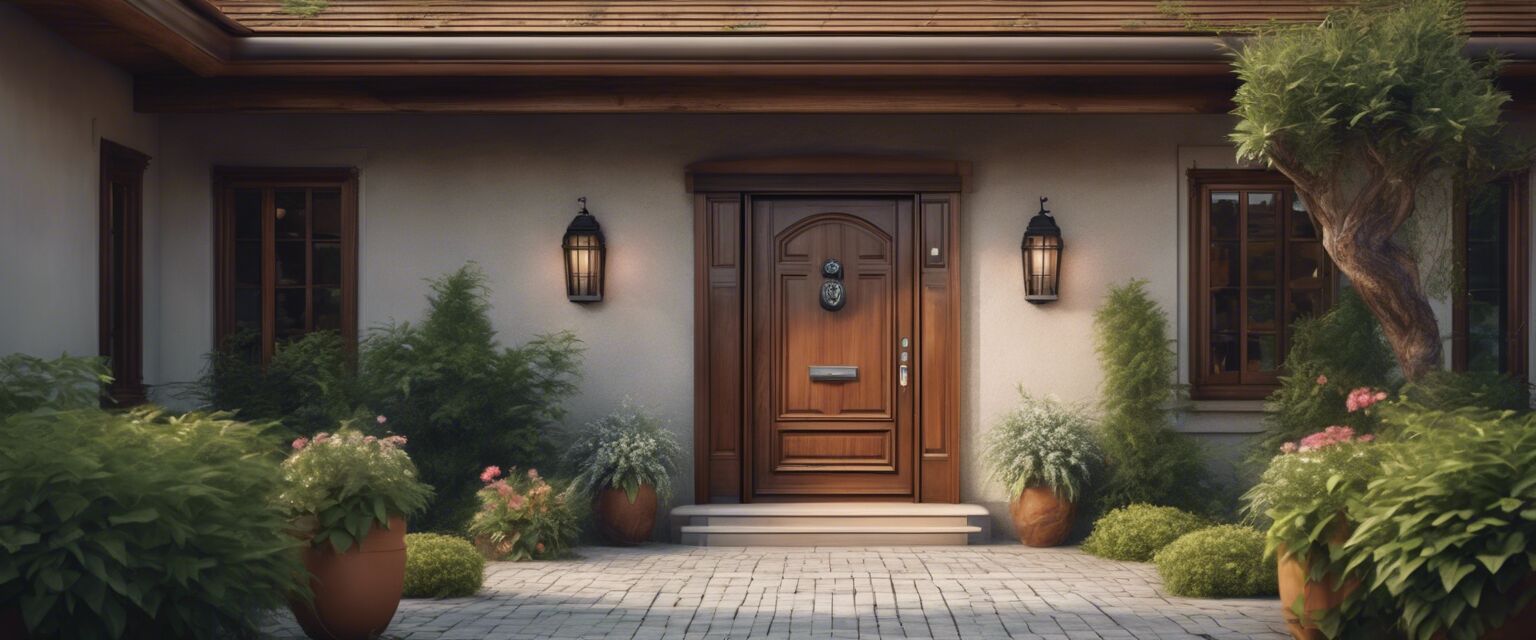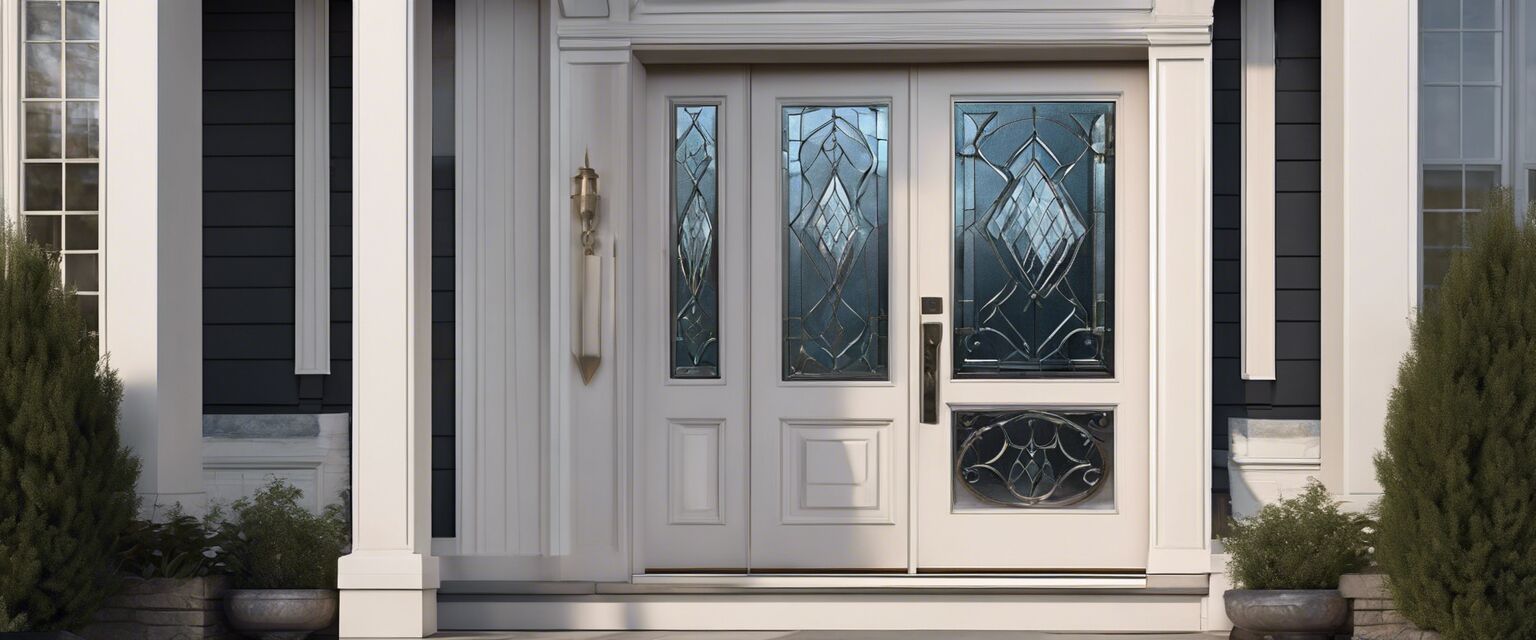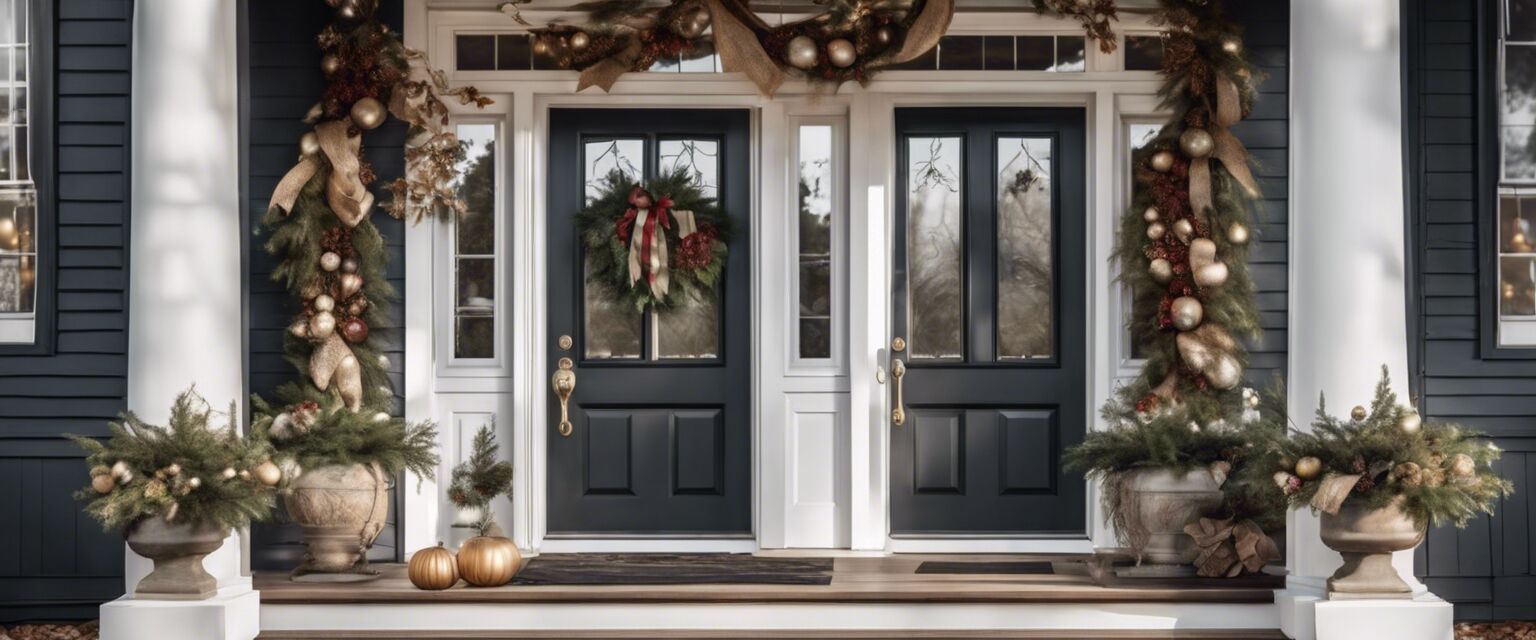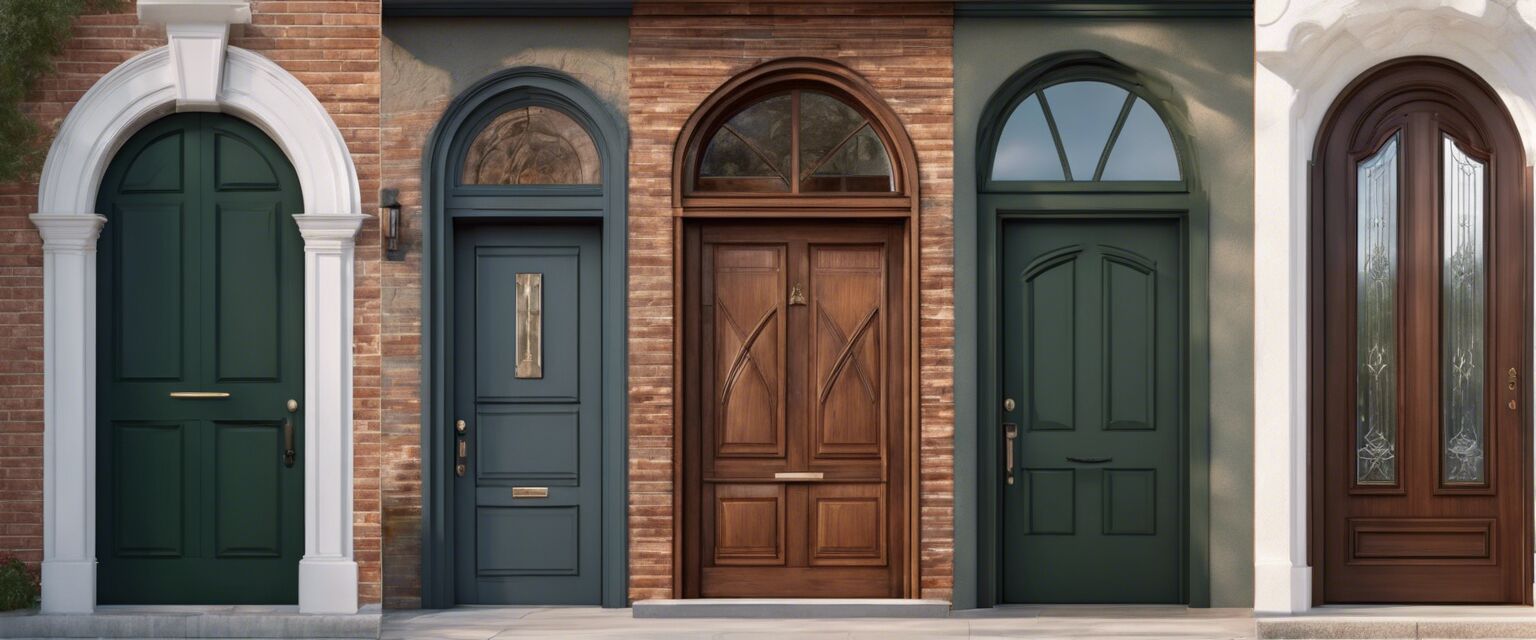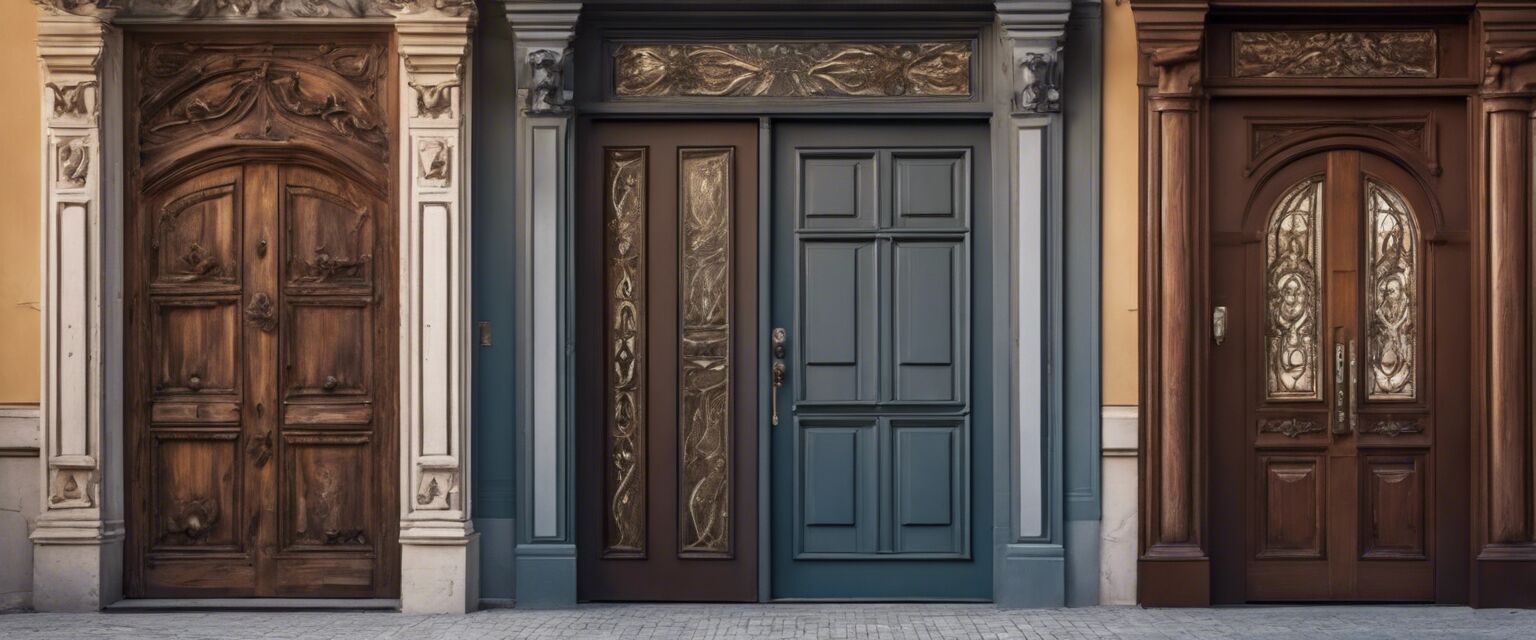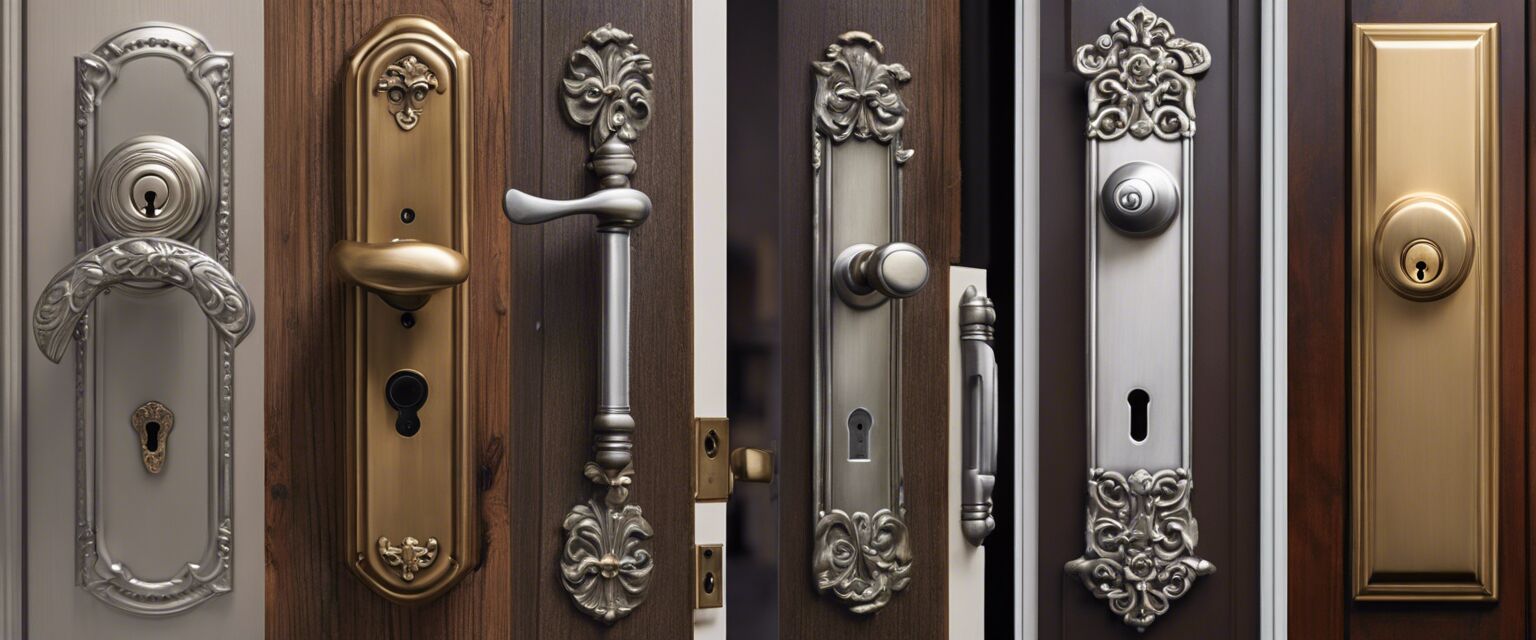
Entry Door Hardware
Key Takeaways
- Choosing the right entry door hardware enhances security and aesthetics.
- Consider the material, finish, and style that match your home.
- Proper installation is crucial for functionality and longevity.
- Routine maintenance can extend the life of your hardware.
When it comes to entryways, the door hardware plays a pivotal role. Not only does it enhance the overall look of your home, but it also contributes to security and functionality. In this guide, we will explore the different types of entry door hardware, how to select the right options, and installation tips.
Types of Entry Door Hardware
Entry door hardware comes in a variety of styles and functionalities. Here are the most common types:
| Type | Description |
|---|---|
| Locks | Security features that keep your home safe; includes deadbolts and smart locks. |
| Handles | Used to open and close the door; comes in various styles like lever and knob. |
| Hinges | Connects the door to the frame and allows it to swing; available in decorative designs. |
| Knockers | Decorative elements that add character to the door while providing a way to announce visitors. |
| Escutcheons | Covers the holes around locks and handles for a polished look. |
How to Select Entry Door Hardware
Selecting the right hardware involves several considerations:
- Material: Choose durable materials like stainless steel or brass for longevity.
- Finish: Opt for a finish that complements your homeâs style, such as matte, polished, or oil-rubbed.
- Style: Consider the architectural style of your home; traditional, modern, or rustic.
- Security Features: Look for high-security locks, reinforced hinges, and smart technology options.
Popular Materials for Entry Door Hardware
| Material | Benefits |
|---|---|
| Stainless Steel | Highly durable, resistant to rust and corrosion. |
| Brass | Classic look with natural antimicrobial properties. |
| Aluminum | Lightweight, affordable, and resistant to rust. |
Installation Tips for Entry Door Hardware
Proper installation is key to ensuring that your entry door hardware functions correctly. Here are some tips:
- Read the manufacturerâs instructions carefully before starting.
- Gather all necessary tools including a screwdriver, drill, and measuring tape.
- Ensure the door is level and squared before installation.
- Test the hardware before securing it completely to ensure smooth operation.
Common Mistakes to Avoid
- Not measuring correctly for hardware placement.
- Choosing hardware that doesnât match the door style.
- Skipping the maintenance after installation.
Maintaining Your Entry Door Hardware
Routine maintenance can prolong the life of your hardware. Here are some maintenance tips:
- Regularly clean the hardware with a damp cloth to remove dirt and grime.
- Lubricate locks and hinges every few months to ensure smooth operation.
- Inspect for rust or corrosion, especially in humid climates.
Where to Buy Entry Door Hardware
You can find quality entry door hardware at various retailers. Check out our product categories for:
Conclusion
Choosing the right entry door hardware is essential for both aesthetics and security. By considering the type, material, and proper installation, you can enhance your entryway and ensure it serves its purpose effectively. Donât forget to maintain the hardware to keep it looking and functioning its best!
Tips for Beginners
- Start with a budget to narrow down your options.
- Consult with a professional if youâre unsure about installation.
- Explore DIY videos for a step-by-step guide on installation.
Pros
- Enhances security of your home.
- Improves the aesthetic appeal of your entryway.
- Wide variety of options available to suit different styles.
Cons
- Can be costly depending on the materials and styles chosen.
- Improper installation can lead to malfunctions.
- Requires regular maintenance to ensure longevity.
